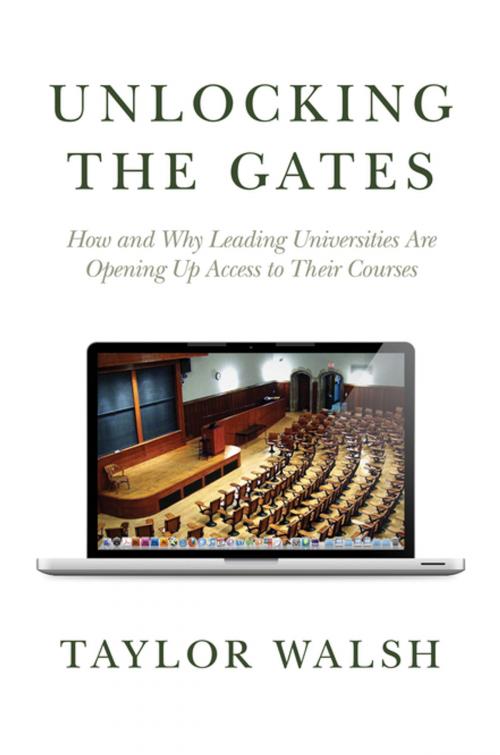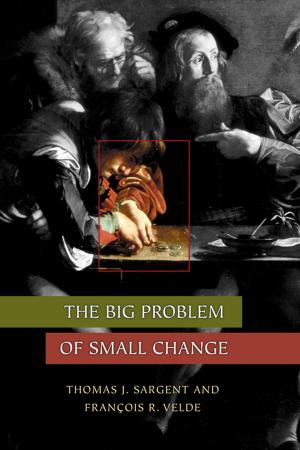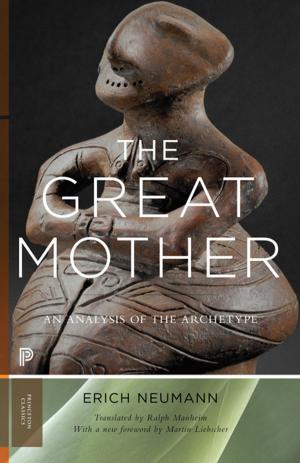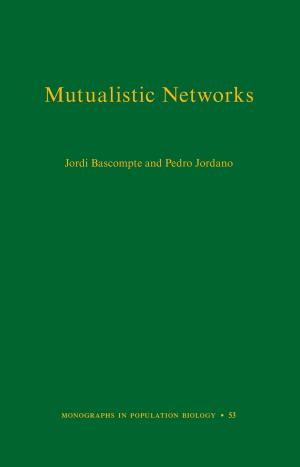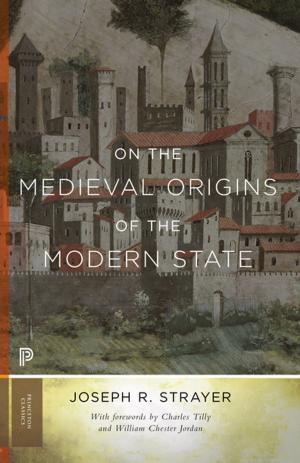Unlocking the Gates
How and Why Leading Universities Are Opening Up Access to Their Courses
Nonfiction, Reference & Language, Education & Teaching, Higher Education, Administration| Author: | Taylor Walsh | ISBN: | 9781400838578 |
| Publisher: | Princeton University Press | Publication: | December 28, 2010 |
| Imprint: | Princeton University Press | Language: | English |
| Author: | Taylor Walsh |
| ISBN: | 9781400838578 |
| Publisher: | Princeton University Press |
| Publication: | December 28, 2010 |
| Imprint: | Princeton University Press |
| Language: | English |
Over the past decade, a small revolution has taken place at some of the world's leading universities, as they have started to provide free access to undergraduate course materials--including syllabi, assignments, and lectures--to anyone with an Internet connection. Yale offers high-quality audio and video recordings of a careful selection of popular lectures, MIT supplies digital materials for nearly all of its courses, Carnegie Mellon boasts a purpose-built interactive learning environment, and some of the most selective universities in India have created a vast body of online content in order to reach more of the country's exploding student population. Although they don't offer online credit or degrees, efforts like these are beginning to open up elite institutions--and may foreshadow significant changes in the way all universities approach teaching and learning. Unlocking the Gates is one of the first books to examine this important development.
Drawing on a wide range of sources, including extensive interviews with university leaders, Taylor Walsh traces the evolution of these online courseware projects and considers the impact they may have, both inside elite universities and beyond. As economic constraints and concerns over access demand more efficient and creative teaching models, these early initiatives may lead to more substantial innovations in how education is delivered and consumed--even at the best institutions. Unlocking the Gates tells an important story about this form of online learning--and what it might mean for the future of higher education.
Over the past decade, a small revolution has taken place at some of the world's leading universities, as they have started to provide free access to undergraduate course materials--including syllabi, assignments, and lectures--to anyone with an Internet connection. Yale offers high-quality audio and video recordings of a careful selection of popular lectures, MIT supplies digital materials for nearly all of its courses, Carnegie Mellon boasts a purpose-built interactive learning environment, and some of the most selective universities in India have created a vast body of online content in order to reach more of the country's exploding student population. Although they don't offer online credit or degrees, efforts like these are beginning to open up elite institutions--and may foreshadow significant changes in the way all universities approach teaching and learning. Unlocking the Gates is one of the first books to examine this important development.
Drawing on a wide range of sources, including extensive interviews with university leaders, Taylor Walsh traces the evolution of these online courseware projects and considers the impact they may have, both inside elite universities and beyond. As economic constraints and concerns over access demand more efficient and creative teaching models, these early initiatives may lead to more substantial innovations in how education is delivered and consumed--even at the best institutions. Unlocking the Gates tells an important story about this form of online learning--and what it might mean for the future of higher education.
